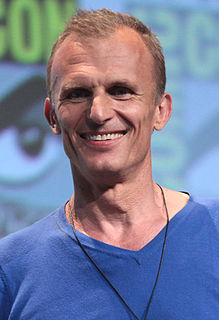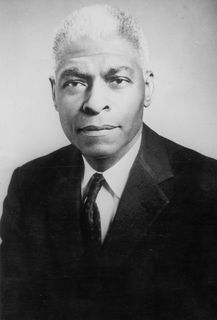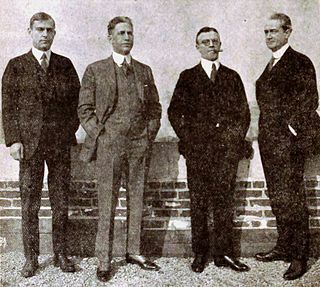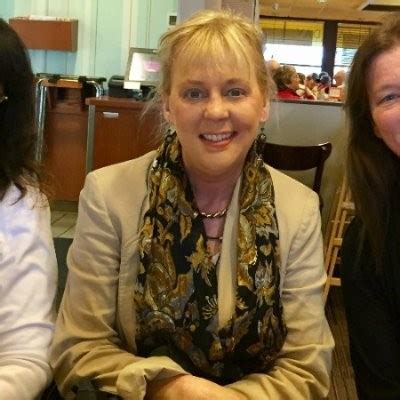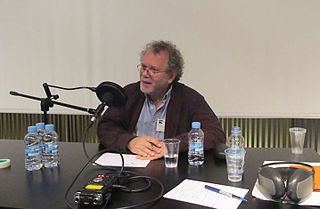A Quote by Richard Branson
Everyone needs something to aim for. You can call it a challenge, or you can call it a goal. It is what makes us human. It was challenges that took us from being cavemen to reaching for the stars.
Related Quotes
A novel is balanced between a few true impressions and the multitude of false ones that make up most of what we call life. It tells us that for every human being there is a diversity of existences, that the single existence is itself an illusion in part, that these many existences signify something, tend to something, fulfill something; it promises us meaning, harmony, and even justice.
The tragedy of life doesn't lie in not reaching your goal. The tragedy lies in having no goal to reach. It isn't a calamity to die with dreams unfulfilled, but it is a calamity not to dream...It is not a disgrace not to reach the stars, but it is a disgrace to have no stars to reach for. Not failure, but low aim is sin.
There are so many kinds of madness, so many ways in which the human brain may go wrong; and so often it happens that what we call madness is both reasonable and just. It is so. Yes. A little reason is good for us, a little more makes wise men of some of us--but when our reason over-grows us and we reach too far, something breaks and we go insane.
People say, "I have heart disease," not "I am heart disease." Somehow the presumption of a person's individuality is not compromised by those diagnostic labels. All the labels tell us is that the person has a specific challenge with which he or she struggles in a highly diverse life. But call someone "a schizophrenic" or "a borderline" and the shorthand has a way of closing the chapter on the person. It reduces a multifaceted human being to a diagnosis and lulls us into a false sense that those words tell us who the person is, rather than only telling us how the person suffers.




